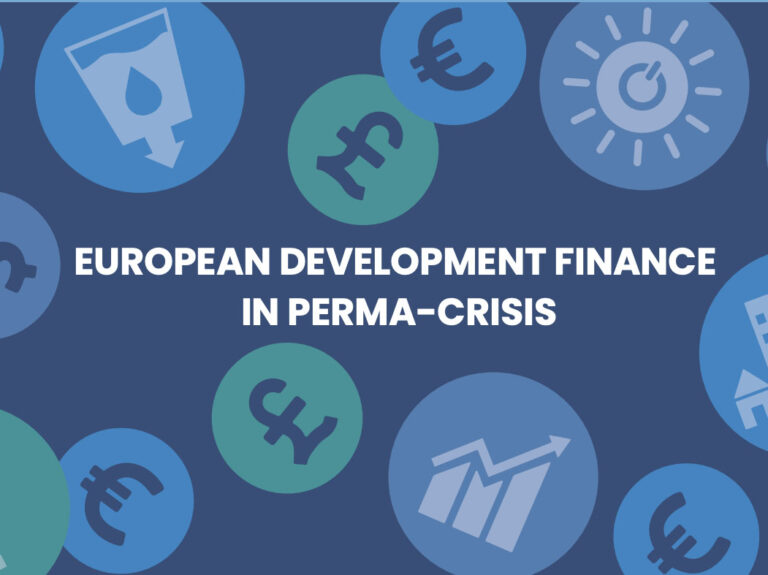San Bilal (ECDPM), has edited an e-book that presents valuable perspectives from external contributors.
The e-book focuses on how the European Union (EU), its member states, and their development institutions can effectively address the numerous global challenges within the context of the international and European financial architecture for sustainable development.
The world is currently facing a multitude of crises, including climate change, the COVID-19 pandemic, geopolitical tensions, inflationary pressures, and rising debt. These challenges not only affect advanced economies but also pose severe risks to the 2030 Agenda for Sustainable Development and developing countries. However, according to UN Secretary-General António Guterres, there is still hope and a chance to turn things around by taking concrete steps and working together.
The European Union (EU) has been actively addressing these challenges through ambitious agendas and plans. With a strengthened European Financial Architecture for Development (EFAD) and international financial system reforms, the EU and its member states, financial institutions, and development agencies have the opportunity to strategically approach development finance and sustainable investment in line with European values and priorities. Through the Team Europe approach and Working Better Together process, the EU and its member states can coordinate their efforts to mobilize development resources more effectively, particularly in poorer and conflict-affected countries. The Global Gateway strategy enables Europe to project its influence globally, focusing on quality infrastructure development and aligning with European strategic goals.
This e-book brings together insights from key actors on practical ways for the EU, its member states, and their development institutions to respond strategically, sustainably, and inclusively to the challenges of our time. It emphasizes the importance of aligning with the international and European financial architecture for sustainable development, prioritizing the needs and ownership of developing countries, and fostering a more effective and impactful European and international development finance agenda.




